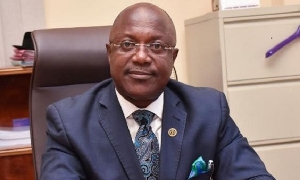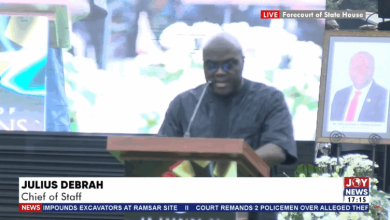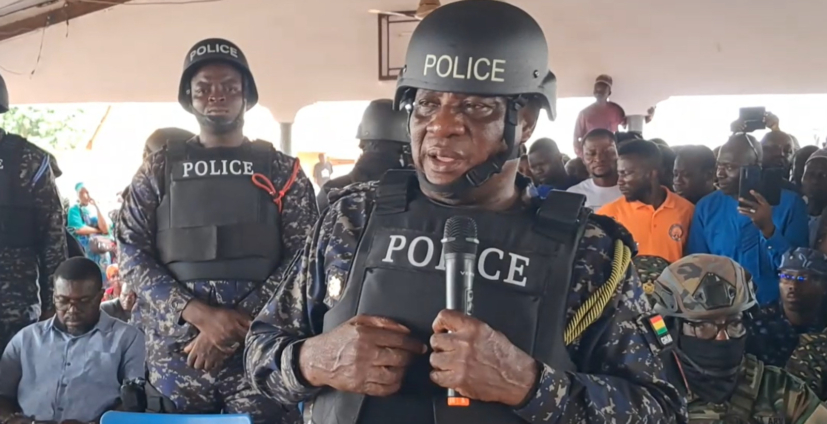Galamsey a “humongous” problem for Ghana – Outgoing Danish Ambassador

om Norring, the outgoing Ambassador of the Kingdom of Denmark to Ghana, has raised serious concerns about the growing impact of illegal small-scale mining—commonly known as galamsey—on Ghana’s environment and economy.
Speaking on the Citi Breakfast Show with Bernard Avle on Thursday, July 10, 2025, monitored by Ghanablogs, Ambassador Norring described galamsey as a grave challenge that poses significant environmental, health, and economic threats to Ghana’s future, despite ongoing government efforts to regulate the sector.
According to him, the issue is multifaceted and requires more than just technology to fix.
“The conversation about mining and water conservation is ongoing, but there are activities directly in that area. We do have companies that can deliver technologies, but it’s not the solution to the whole problem; it is humongous, and in 10 years, I do not want to think about the consequences.
“I hope that some of the steps that are being taken will be helpful. It is possible, slightly different methods for small-scale mining to ensure that you do not have the pollution you are seeing today,” he warned.
Ambassador Norring stressed that while alternative methods for small-scale mining do exist, the high cost of legal operations remains a major barrier.
“The problem is that whether you are a small-scale miner, legal or illegal, the difference in cost is huge. I think that Ghana needs to find a way to deal with this,” he remarked.
He also emphasized the broader implications of illegal mining, not just for the environment but also for law enforcement and livelihoods.
“They have to find a way to deal with the illegal mining because it is not just a problem in terms of the environment—it is also about legality and how many people are making a living off illegal mining,” he added.
Successive governments have attempted to tackle the galamsey menace, which continues to devastate forest reserves and pollute vital water bodies. Despite various efforts and interventions by previous administrations, progress has been limited.
In response, the current government has introduced a new initiative known as the Blue Water Guards, aimed at supporting enforcement efforts by acting as whistleblowers for the government and security agencies.




